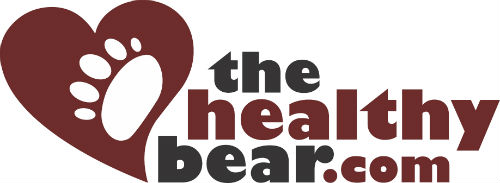Is embarrassment stopping you from offering a full sexual health screening to your gay clients?
In medicine we have to deal with many highly sensitive and embarrassing issues. Sexuality and sexual health is often one area some find tricky. Adding diverse sexual expressions such as men having sex with men, bisexuality, transsexuality, it can be a delicate space that some people might not feel comfortable discussing.
Please don’t get me wrong, I know as GP’s we can be loving, caring and supportive, however from the feedback I get from patients I wonder just how well gay men’s sexual health is taught beyond HIV.
For this reason I feel it was important to share how I approach sexual health screening for men who have sex with men.
The first step is to move beyond embarrassment.
Many gay or bisexual men are apprehensive or embarrassed to approach the subject with their GP. If they sense their doctor may be equally as embarrassed they may shut down and avoid the topic completely. Clearly this is a great disservice to their health and we owe it to all gay men to ensure they are offered optimal sexual health screening.
By far the easiest way I have found is to be open and frank. By showing ease in having the conversation, you can create a space where you can be sure to offer a complete sexual health screening.
I like to start with a simple “do you sleep with men, women or sometimes both?” Quick and straight to the point, this opens the door for further questions that include particular sexual practices.
Men who have sex with men have a 1 in 20 chance of asymptomatic chlamydia or gonorrhoea in the throat or rectum. If you don’t ask about oral sex, or any sort of anal play (fingers, toys or penises in the butt) there is a chance you could miss swabs to these areas and potential treatable STI’s.
Again I opt for simple and direct language however I encourage you to develope a voice that is true to you.
On the topic of swabs, I highly recommend you do all of them yourself. Some doctors, again due to embarrassment, offer for patients to do their own rectal swab in the bathroom. While I understand this is certainly more comfortable, again there are important pathology that might be missed. These can include syphilitic chancre, anal warts and anal cancers. It’s vital to not forget that men who have sex with men are at a 35 fold risk of anal cancer which rises to 70 fold if HIV positive.
For that brief moment of discomfort you can make an important diagnosis that may have been otherwise missed.
I’ve found that curiosity, openness and frank questions have been a useful tool for dealing with potentially “uncomfortable” topics.
So may I ask, what strategies do you have in place for these sometimes embarrassing subjects?
Yours in good health.
Dr George Forgan-Smith

Leave a Reply